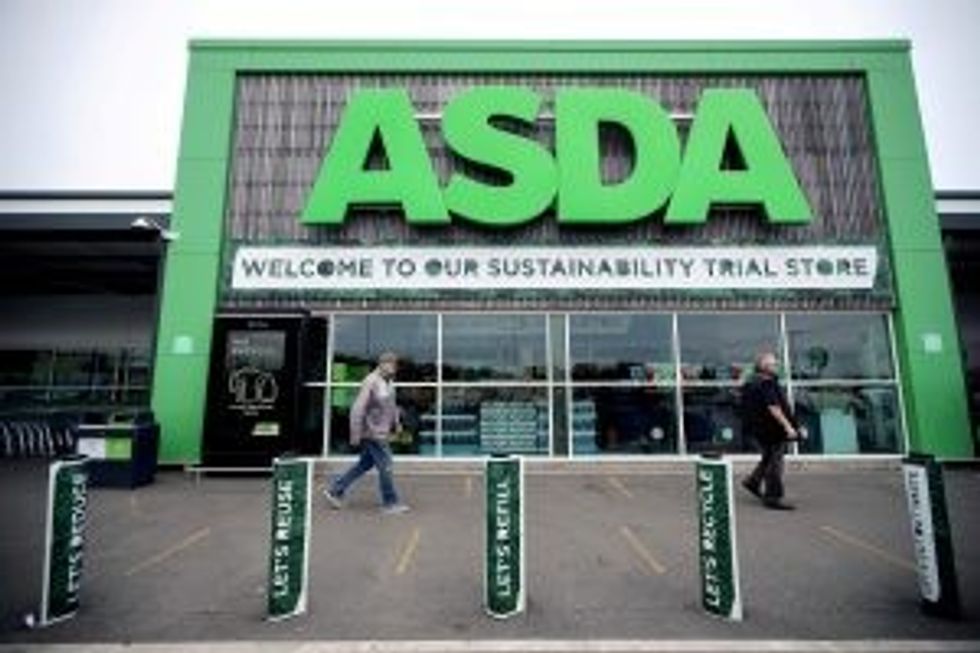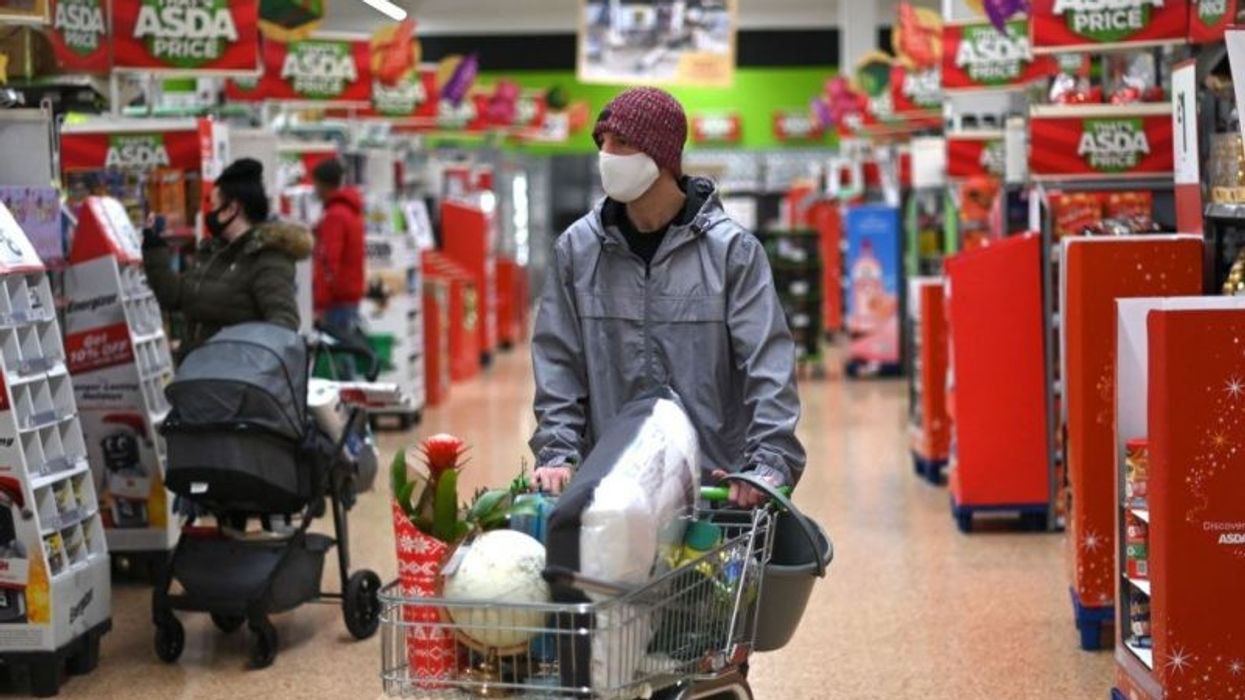SUPERMARKET chain Asda has said that it will make its cheapest food ranges more widely available across all 581 food stores and online, according to a media report.
- The announcement came after anti-poverty campaigner Jack Monroe raised concerns that low-income shoppers were facing price increases because they could no longer get the cheapest food, the Guardian reported.
- Asda said that it had taken onboard Monroe’s comments and would stock its full Smart Price and Farm Stores ranges.
- According to the report, deals which include 1kg bags of rice for 45p and tins of chopped tomatoes for 28p, had been taken off the website and removed from some stores as the supermarket streamlined its offer.
Also Read | Asda suspends hunt for new CEO
Last month, Monroe pointed out that some shoppers were in effect facing triple-digit inflation because they were no longer able to buy products from these ranges and had to buy more expensive basics.

She pointed out that in some cases customers face a price hike of 344 per cent on rice due to the unavailability of cheaper essentials.
Asda said 150 value-range products were stocked in 300 stores currently, and by 1 March it would introduce all 200 of them across its outlets.
This week it increased the number available online by 100 to 187, and it will add more by the end of the month.
“We want to help our customers’ budgets stretch further and have taken onboard the comments about the availability of our Smart Price range made by Jack Monroe. We are taking steps to put our full Smart Price and Farm Stores ranges in store and online to make these products as accessible as possible," Meg Farren, Asda’s chief customer officer, was quoted as saying by the Guardian.
Monroe raised concerns that headline inflation figures do not capture the impact on those with the least money to spend.
Following her campaign, the Office for National Statistics said it accepted that every person had their own inflation rate and it would do more to capture the impact of price increases on different income groups, the report further said.





